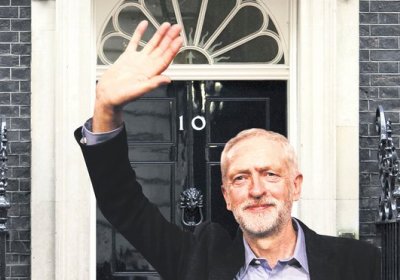Following Conservative Party leader Boris Johnson’s appointment as British Prime Minister, commentators are predicting a general election, possibly as early as October.
While a victory for Labour is far from certain, as it drops in the polls, Jonathan Cook writes that powerful forces are at work to ensure that Jeremy Corbyn — still the most popular Labour politician — never gets the chance to govern.











